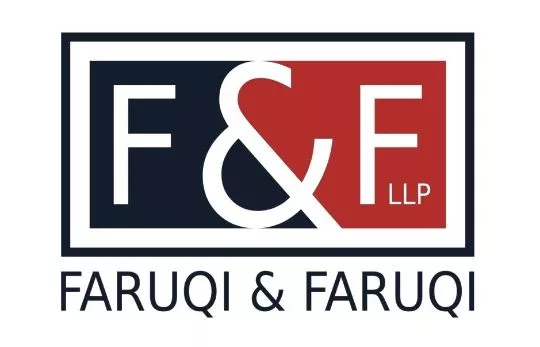The U.S. Securities and Exchange Commission ("SEC") is seeking a ruling in the Ninth Circuit Court of Appeals upholding a fine larger than what a defendant individually gained from an allegedly illegal scheme.
According to Bloomberg Law, the SEC obtained a ruling in SEC v. Imran Husain, et al., No. 16-cv-03250 (C.D. Cal.), that imposed "a $1.75 million penalty on Imran Husain, who allegedly ran an illegal scheme to create shell companies and sell for a profit after public offerings." Mr. Husain, who was one of two people implicated in the alleged scheme, argues that it is the highest penalty of its kind imposed on an individual in the Ninth Circuit, and filed an appeal challenging the penalty. See SEC v. Imran Husain, et al., No. 21-55859 (9th Cir.).
Securities laws cap penalties in certain situations at "the gross amount of pecuniary gain to such defendant." According to Mr. Husain, he can only be fined in an amount equal to his personal gain from the alleged scheme, not the "aggregate proceeds of the fraud." Mr. Husain argues that much of the scheme's proceeds went to other parties, and that the SEC did not prove that he received any pecuniary gain.
Bloomberg Law notes that the ruling "could impact how the SEC pursues financial remedies in enforcement of securities violations in schemes that involve multiple parties and intricately hidden corporate entities."
The content of this article is intended to provide a general guide to the subject matter. Specialist advice should be sought about your specific circumstances.


